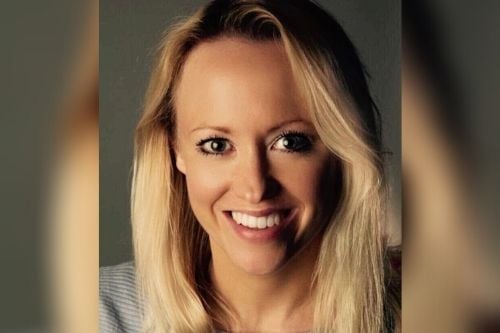

Risk is the name of the game for insurance brokers. It forms the foundation of the conversations they hold with their clients, which often develop into discussions about how businesses and individuals can be protected from worst-case scenarios by having the right protection in place. It was while considering this that Selena Kearvell (pictured), regional sales leader, north at Marsh Commercial first started to reflect on being an insurance broker and the public perception of her profession.
“It was partly through conversations with friends and realising they often didn’t quite understand the difference between brokers and insurers,” she said. “Despite me talking at length about what I do, people often get confused and think that I’m working for an insurer or, bizarrely, for an accountancy firm.
“It got me thinking about people’s perception of us and what we do and of the gap between their understanding of the value that brokers specifically bring to the table. It’s about bridging that gap not just for our clients but also the UK and worldwide, and about thinking of different ways that we can further people’s understanding of the support we provide.”
To improve public recognition of what brokers do, broking professionals need to be having open and frank discussions about their place in the insurance value chain. As a profession, she said, insurance can be guilty of using too much jargon which can alienate the general public - so this value needs to be explained in clear, digestible terms. It was this understanding that led Kearvell to author a CII report on ‘Reducing reputational risk for insurance brokers – How can we enhance public perception?’.
The report emphasises four key areas where brokers must work to reduce reputational risk, she said, and the first of these is around diversity and inclusion.
A recent report from the ABI revealed that women now hold 29% of board roles in the insurance and long-term savings industry but though this is up from 2019’s 25%, it still falls far behind a 50:50 representation between men and women. As well as being the right thing to do, she said, diversity and inclusion are also essential to bringing in new talent from a wide range of backgrounds. Brokers speak with people from all walks of life and this needs to also be reflected in the industry’s talent pool.
“My second key point was around the use of unrated insurers,” she said. “A lot of the information that brokers give to clients needs to improve. While we, personally at Marsh, don’t use unrated insurers, a lot of brokers do and I think there are some risks there. It goes back to that point around the demarcation between brokers and insurers.
“If policyholders are with an unrated insurer, there might be very good reasons for that - but are they fully aware of what the ramifications could be? Brokers need to make sure they are really having that conversation and making sure clients understand those risks. Because the last thing we want is policyholders looking at the broker for recommending a particular provider if it does happen to go bust.”
Kearvell’s third theme on how brokers can enhance their reputation emphasises the role that professional qualifications play in building trust. Gaining qualifications and increasing the number of people in the industry who have their ACII or the diploma or the cert is essential, she said. It would be great to see more brokers becoming Chartered and it is important that, whatever their size, insurance brokerages facilitate their employees in taking that leap and support them on their path to professionalism.
The fourth theme looks at remuneration – focusing on disclosure and transparency. The public often views insurance companies as wanting to avoid claims and this can trickle down to them seeing brokers as “secretive”, which can lead to a breakdown in trust. She noted that the best way for broking professionals to combat this is by having open conversations with clients and being as transparent as possible.
By getting to grips with these areas, insurance brokers will be well-placed to enhance the public perception of what they do, she said, but it’s a two-way street and consumers can also help drive this change. Kearvell’s message to the public is to make sure they ask the important questions and that they are having a trust-based conversation with their broker.
“Ultimately, the people on the phone are there to provide you with advice,” she said. “And we want to do that, we want to make sure that you have the best possible cover at the best possible price, and to know that you really understand what you’ve purchased. So, while you are paying us to do so, we want you to understand and see the value in that purchase and know that you’re getting a good deal.”
